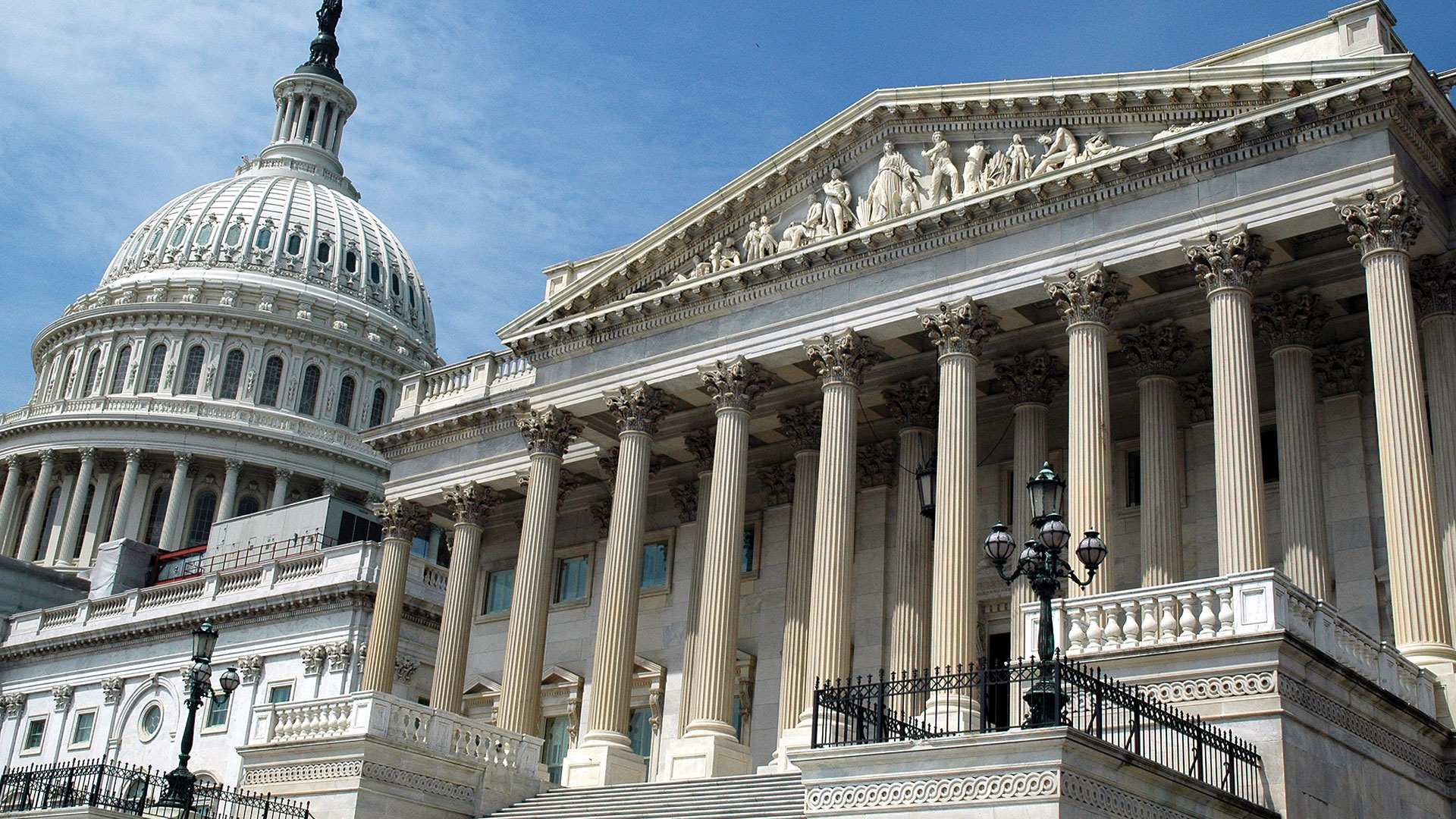National Energy Policy
Issue
Rapidly increasing oil prices are putting a huge strain on the U.S. industrial base, which in turn negatively affects the average consumer. This is forcing the U.S. to seek alternative forms of energy. Adequate, affordable and reliable supplies of energy - especially natural gas - are essential to the near and long term growth of the U.S. economy. The U.S. government can do much more to help conserve energy in business by using passive solar and other energy efficient technologies, as well as supporting other means of energy exploration.
Backqround
The masonry industry has worked to promote the important conservation side of this critical issue and has supported research, funding, and educational projects to support development and adoption of passive solar technologies. Additionally, the industry has worked with the Sustainable Buildings Industry Council (SBIC) to promote passive solar in the Department of Energy (DOE) programs.
Several legislative initiatives are under consideration in the Congress that focus on increasing energy supplies and building using passive solar technologies and construction. Importantly, legislation related to alternative energy sources and energy efficiency has been an ongoing theme and this is likely to continue next year. A number of related energy bills have been reintroduced in this Congress.
Sens. Jeff Bingaman (D-NM), Pete Domenici (R-NM) and Richard Lugar (R-IN) have introduced bipartisan legislation, S. 1115, The Energy Efficiency Promotion Act, aimed at improving efficiency in vehicles, buildings, consumer appliances and industrial equipment. Currently, other co-sponsors of this bill include Sens. Daniel Akaka (D-HI), Larry Craig (R-ID), Byron Dorgan (D- ND), Lisa Murkowski (R-AK), Ken Salazar (D-CO), Olympia Snowe (R-ME) and John Kerry (D-MA).
Two bills have also been introduced in the House on this issue. Based on the Energy Policy Act of 2005, which established tax incentives for energy efficient technologies. H.R. 1385, Extend the Energy Efficiency Incentives Act of 2007, introduced by Representative Jim McDermott (D-WA), would extend as well as create, tax incentives for energy efficient commercial buildings, homes, and equipment.
H.R. 84, The Energy Efficient Buildings Act of 2007, introduced by Representative Judy Biggert (R-IL), would establish a pilot program to award grants to businesses and organizations for new construction or major renovations of energy efficient buildings that will result in innovative energy efficiency. S. 822, sponsored by Senator Olympia Snowe (R-ME), would amend the Internal Revenue Code of 1986 to extend certain energy related tax provisions to allow individual taxpayers a tax credit through the year 2011 for residential energy efficiency. S. 590, introduced by Senator Gordon Smith (R-OR) Securing America's Energy Independence Act of 2007, would amend the Internal Revenue Code to provide an energy tax credit for solar energy property and qualified fuel cell property. H.R. 5351, which was introduced by Representative Charles Rangel (D-NY) would provide tax incentives for production of renewable energy and energy conservation. S. 2821 introduced by Senators Maria Cantwell (D-WA) and John Ensign (R-NV), will continue the existing tax incentives for producing energy from wind, sunlight and other renewable sources.
Position
The masonry industry favors a broad-based approach to national energy policy, ranging from the responsible development of traditional sources of energy, e.g., oil, gas, nuclear, and coal, to investment, development and support of new sources, e.g., passive solar and renewable energy efficient technologies.
Congress should support increased energy production including the environmentally sound development of energy in the Arctic National Wildlife Refuge (ANWR), as well as continued support of natural gas and oil exploration on the Outer Continental Shelf (OCS).
Congress should also support research and development funding for passive solar and energy efficient technology; provide private sector entities with funds sufficient to develop more cost effective and economically feasible applications; provide better education and outreach programs to the consuming public; and enact tax incentives for installation of passive solar in new or existing buiidings.















